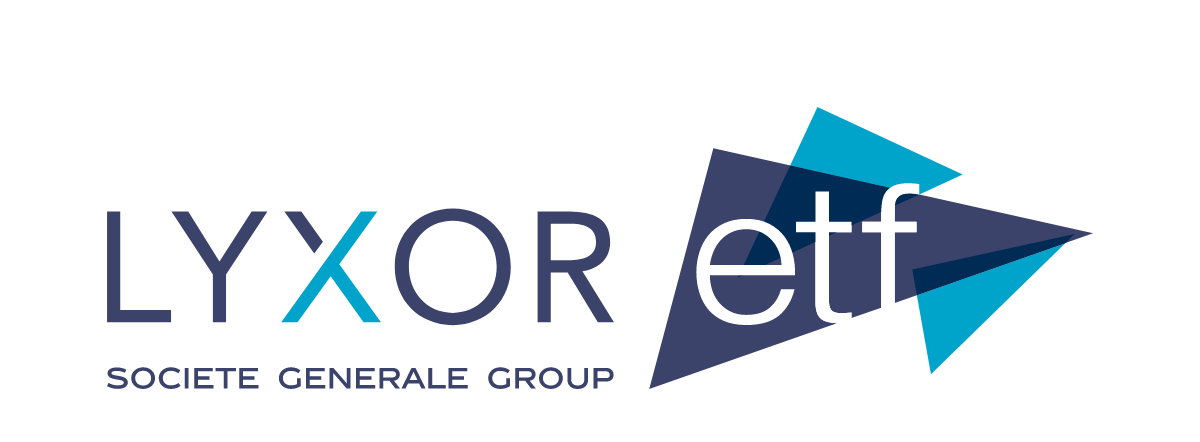An ongoing “legal tussle” between Leverage Shares and Cathie Wood’s ARK Investment Management has raised important questions around what kind of protection active managers have against other firms copy-catting their investments with tracker products.
Last December, Leverage Shares launched nine exchange-traded products offering short, leveraged and one-to-one exposure to ARK’s three most popular ETFs listed in the US.
Since then, ARK has filed for trademark protection on its products’ tickers and said it could file a ‘passing off’ claim against Leverage Shares, accusing it of trying to represent its products as having some affiliation with ARK.
In response, Leverage Shares removed ARK’s product tickers from its ETPs altogether, while the firm’s product head Jose Poncela told ETF Stream a passing off claim would be “meritless”.
The interesting conversation here is around whether one firm should be able to build and make money off of products based on the discretionary investment decisions of another asset manager.
On this, Poncela said in dialogue between the issuers, ARK tended to compare its actively-managed baskets to indices – which might be perceived as a convenient sleight of hand given indices must be licenced in order to be replicated by a third party.
“For some reason they still think their strategies are linking to indices, where they can claim IP protection,” Poncela said. “They completely ignore the fact that there were plenty of CFDs and products already in Europe using their tickers and their brand name.”
“I get that they want to protect their IP but why would they come after us?”
One reason is that ARK are considering a move into the European ETF space, so having another player already offering one-to-one exposure to their strategies would at the very least feel like a loose end.
More broadly, this situation underlines important issues that will need to be reconciled as the ETP market matures. As part of that will be the question: should tracker products be able to “free ride” off of active managers’ secret sauce?
Passive funds threatening UK decarbonisation?
Research published by sustainability-focused think tank Common Wealth found passive funds now represent 40% of all fund ownership of fossil fuel companies and are on pace to overtake active ownership in this space in coming years.
The firm bemoaned the “backwards-looking nature of mainstream index construction” as posing a direct threat to the UK’s transition to decarbonisation.
Responding, S&P Dow Jones Indices’ former CEO Alex Matturri said while most indices tend to capture the market cap of a particular exposure, the decision to avoid certain industries and activities ultimately lies with the end investor when selecting which product – and in turn index – to invest in.
Bond ETFs and the inflation puppet-master
Unsurprisingly in a period where central bank rates hikes are gathering pace and severity, investors are quickly adapting their fixed income allocations with inflation and monetary policymaking in mind.
European ETF buyers rushed $800m inflows into six ETFs from BlackRock, Vanguard and Invesco in the week to 19 April, targeting short-dated US Treasuries and corporate debt.
Meanwhile, the $3.3bn Lyxor EUR 2-10Y Inflation Expectations UCITS ETF (INFL) boasted $615.5m inflows and 14.3% returns between the start of the year and April 19, according to data from ETFLogic.
These flows are set against an otherwise challenging period for fixed income, with yield volatility and the average non-bank investor allocation to fixed income falling to just 18% - the lowest level since the 2008 financial crash – said JP Morgan.
ETF Wrap is a weekly digest of the top stories on ETF Stream
Related articles











